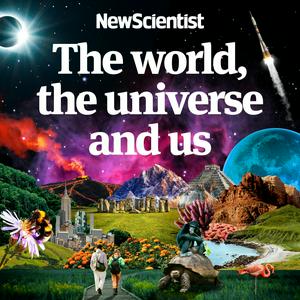Episode 342
Social media began with the best intentions - but it soon went sour. Platforms that once fostered connection are now driven by an endless desire to monopolise our time. From the endless scroll to ragebait content, social media is no longer designed to connect us with friends and family - but to profit from our attention. And that’s not to mention the damaging political influence it can have. As countries and governments move to act against it, is there a good solution to these problems?
Bitcoin is one big disaster for the environment. Mining bitcoin requires an inordinate amount of energy - and that cost only increases as more bitcoin is mined. It’s also a terrible investment these days, with some experts suggesting you’d be better off buying a load of Pokémon cards. Adding to that its role in fuelling crime on the dark web - and it becomes a strong contender for worst idea of the 21st century.
Carbon off-sets - another well intentioned solution to the climate crisis that’s gone horribly wrong. The idea is you can lessen the environmental impact of your actions, by off-setting the damage. Maybe you take a long-haul flight, but you plant a tree in return. The trouble is, not only does this give people permission to keep polluting the environment, it’s not even clear if offsetting actually works. But perhaps it’s not all bad?
Effective altruism is a surprising addition to the list, given that it’s meant to be a way of ensuring money goes to only the best causes. But judging which charities deserve donations above others is much more difficult than it seems. And part of the effective altruism movement suggests people should earn as much money as possible so they can one day give it away - which can obviously end badly. And then there are those who have taken it too far - ruining their life.
One seemingly good fix for environmental damage is the promise of alternative fuels, like natural gases, hydrogen and biofuels. But it turns out they probably do a lot more damage than good. Biofuels in particular require massive amounts of farmland to produce, which alone is highly polluting. Add to that the fact they’re driving up prices at the supermarket - perhaps there’s a better way to stop the climate from warming?
Hosted by Rowan Hooper and Abby Beall, with guests Matt Sparkes, Leah Crane, Michael Le Page and Joshua Howgego.To read more about these stories, visit https://www.newscientist.com/
Learn more about your ad choices. Visit megaphone.fm/adchoices


